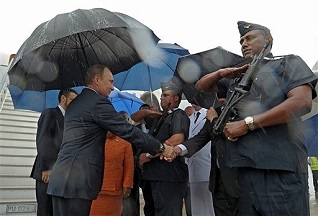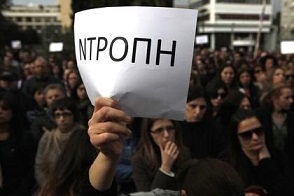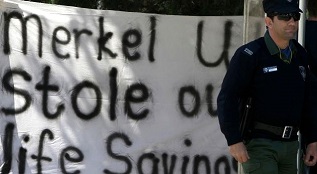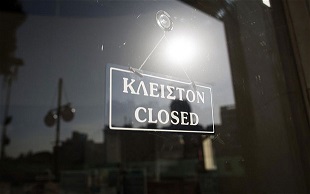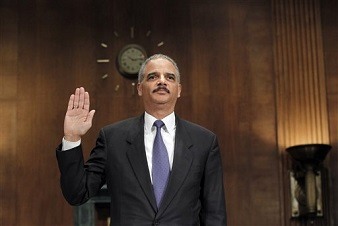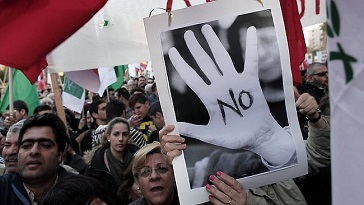Regime Change Begins at Home

Charles Derber's book by that title ["Regime Change Begins at Home"] says it's the only way to free America from corporate rule. It transformed America from "we the people" to what CEOs say goes.
It put monied interests in charge. Presidents, legislators, and high level bureaucrats serve them. Whatever they want they get. Institutionalized injustice follows. It's longstanding. Vital change more than ever is needed.
America had previous corporate regimes. None match today's extremism. Bold, creative strategies are needed to change things. Commitment creates possibilities. Nothing worth struggling for is easy. Failure to try assures disaster.
America's on a fast track to full-blown tyranny. It's a hair's breath away. Preventing it is top priority. It begins with knowledge. It involves knowing what's at stake.
Money power runs America. Fundamental freedoms are on the chopping block for elimination. Preventing it takes commitment.
Challenging authority is essential. Social movements are pivotal forces. They work. Abolitionists, labor movements, and civil rights activists proved it. Collective activism has power. What better time to use it than now.


























